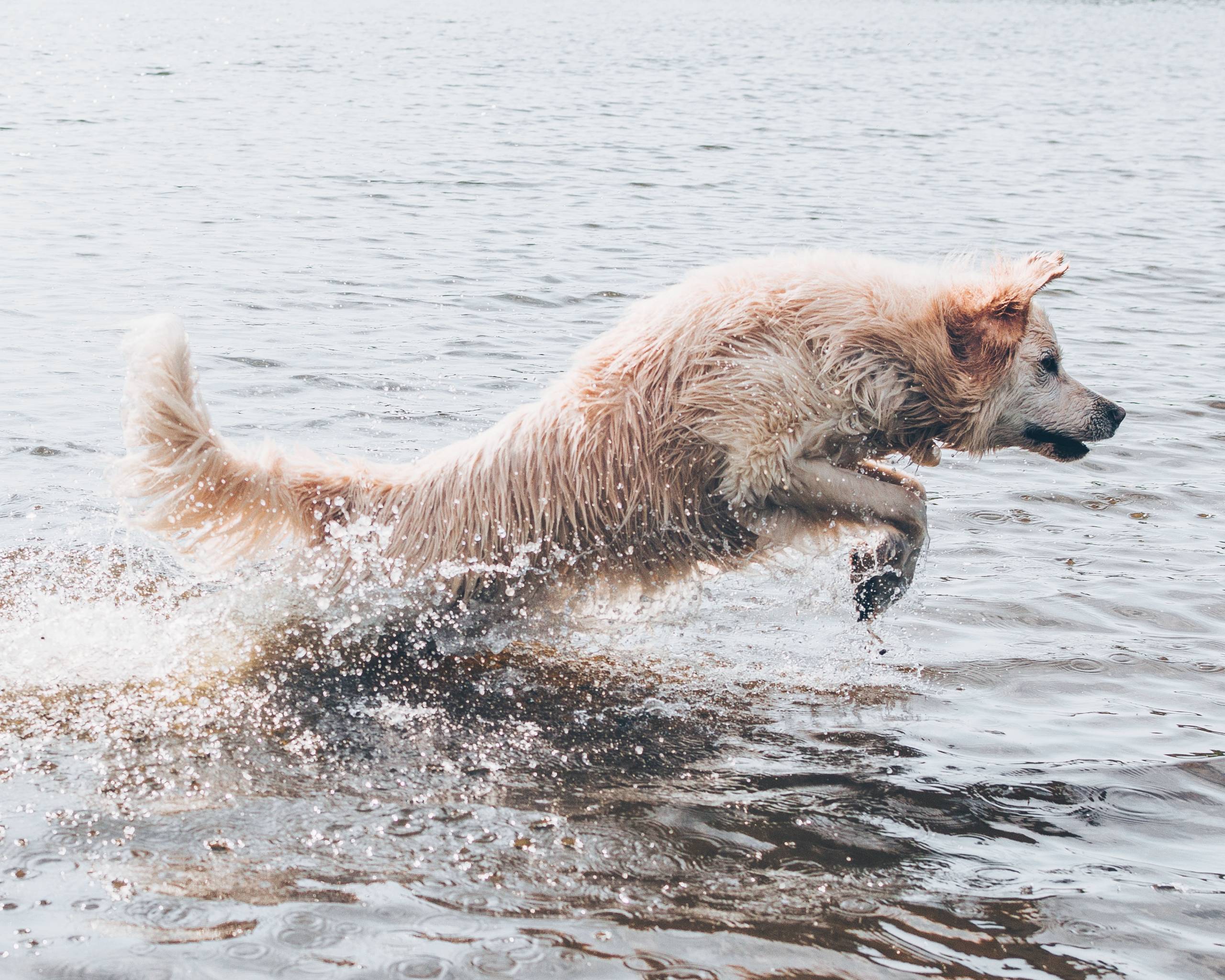
First and foremost, it’s crucial to recognize the signs of an upset stomach in your dog. Common symptoms include vomiting, diarrhea, loss of appetite, and lethargy. If you notice any of these signs, it’s essential to monitor your dog closely and, if the symptoms persist, consult your veterinarian. It’s always better to be safe and seek professional advice when your dog is unwell.
One of the initial steps in helping your dog with an upset stomach is to temporarily withhold food for around 12 to 24 hours. This gives their digestive system a chance to rest and recover. It’s important to ensure your dog has access to fresh water during this time to prevent dehydration. However, if your dog’s symptoms are severe or prolonged, it’s best to consult your vet before making any changes to their diet.
Once the initial fasting period has passed, you can start reintroducing food to your dog. It’s best to begin with bland, easily digestible foods such as boiled chicken and rice. These foods are gentle on the stomach and can help alleviate gastrointestinal upset. Be sure to feed your dog small, frequent meals to avoid overwhelming their system.
In addition to bland foods, there are certain natural remedies that can help soothe your dog’s upset stomach. For example, you can consider giving your dog a small amount of plain yogurt, as it contains probiotics that can aid in digestion. Another option is to offer a spoonful of pureed pumpkin, which can help firm up loose stools. Always remember to introduce new foods gradually and in moderation.
Avoid giving your dog any human foods that may exacerbate their stomach troubles. Foods such as chocolate, onions, garlic, and avocados can be toxic to dogs and should be kept far away. Also, it’s important to refrain from giving your dog over-the-counter medications without consulting your veterinarian, as many human medications can be harmful to dogs.
As your dog begins to recover, it’s essential to continue monitoring their progress and gradually reintroduce their regular diet. If their symptoms persist or worsen, seek professional veterinary guidance. Remember, every dog is different, and what works for one may not work for another. Pay close attention to your dog’s response to the foods you offer and make adjustments as needed.
Seeing our beloved pets unwell can be distressing, but with the right care and attention, we can help them get back on their paws in no time. By recognizing the signs of an upset stomach, providing a period of fasting, offering bland and easily digestible foods, and monitoring their progress, you can support your dog’s recovery and well-being. Remember, the key is patience and understanding as you help your furry friend feel better.[/fusion_text]



